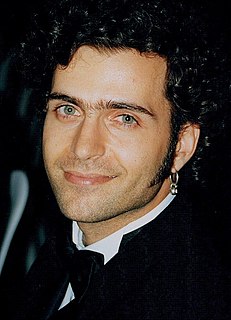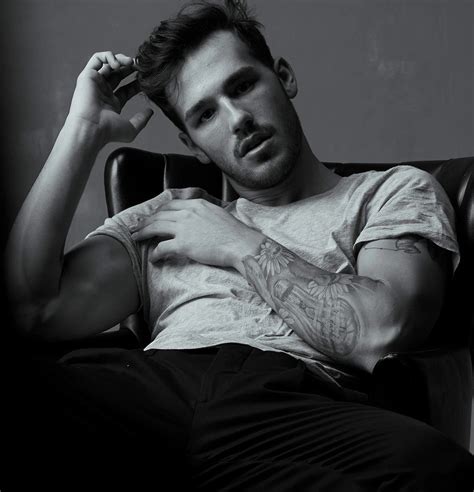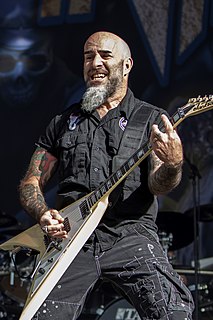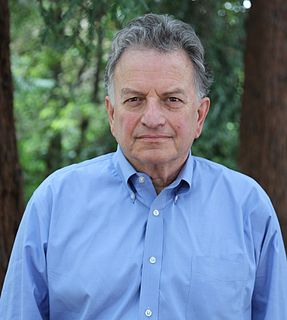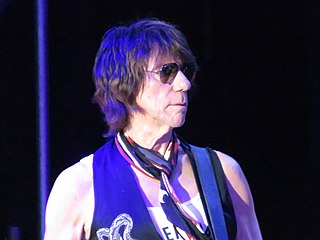A Quote by Dweezil Zappa
There are so many things that are misunderstood or not recognized about my father's music because they've been filtered by people who work for magazines like Rolling Stone.
Related Quotes
I'd known the people at Rolling Stone for a while. I'd gone to them with a piece I'd done on Beirut for Vanity Fair that Vanity Fair didn't want to publish, because they said I was making fun of death... This was Tina Brown.But they paid me for it. So I've got this big chunk of a piece, and Rolling Stone liked it, but they thought it was a little dated. But then they called me back and asked me to do a similar piece about the Turks and Caicos Islands, where the whole government had been arrested for dope smuggling. That was fun.
I've never been married, and I have no regrets about not starting my own family. I come from a large one, so there are so many people around all the time. I've been very happy, but I've never gotten married. That's about the size of it. I would have been a good father because I've been a father to my brothers' and sisters' children.
In 1952, Muddy cut the song 'Rollin' Stone.' It was a nationwide success, and the song echoes down through rock n' roll history. Bob Dylan cut a tribute by the same name, an English band decided to call themselves the Rolling Stones, and the magazine that first embraced music as a serious cultural phenomenon was itself called 'Rolling Stone.'
'East of Eden' is an important story for me. It's about a kid that's misunderstood and feels like he's not loved by his father. It's a very father-son kind of story, and it's not until the end that they sort of make up. I like that because every boy has trouble with his father, so it's very relatable.
I have quite a bit of experience reporting on corporate behavior, both doing it with independent operations in early in my career, in the underground press, to magazines like 'Rolling Stone,' to regional newspapers and television, and television news programs, to papers like the 'New York Times' and public television.
